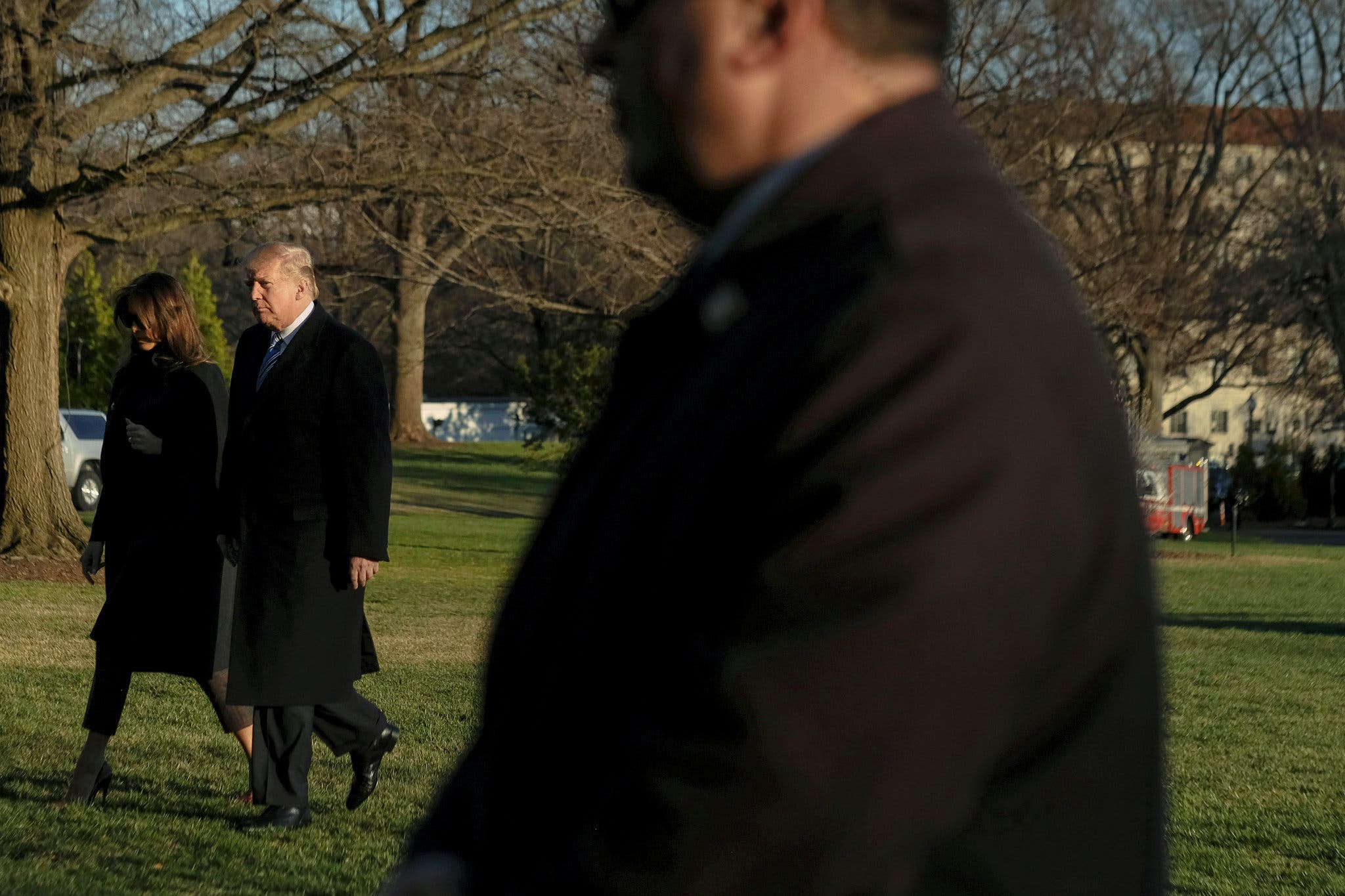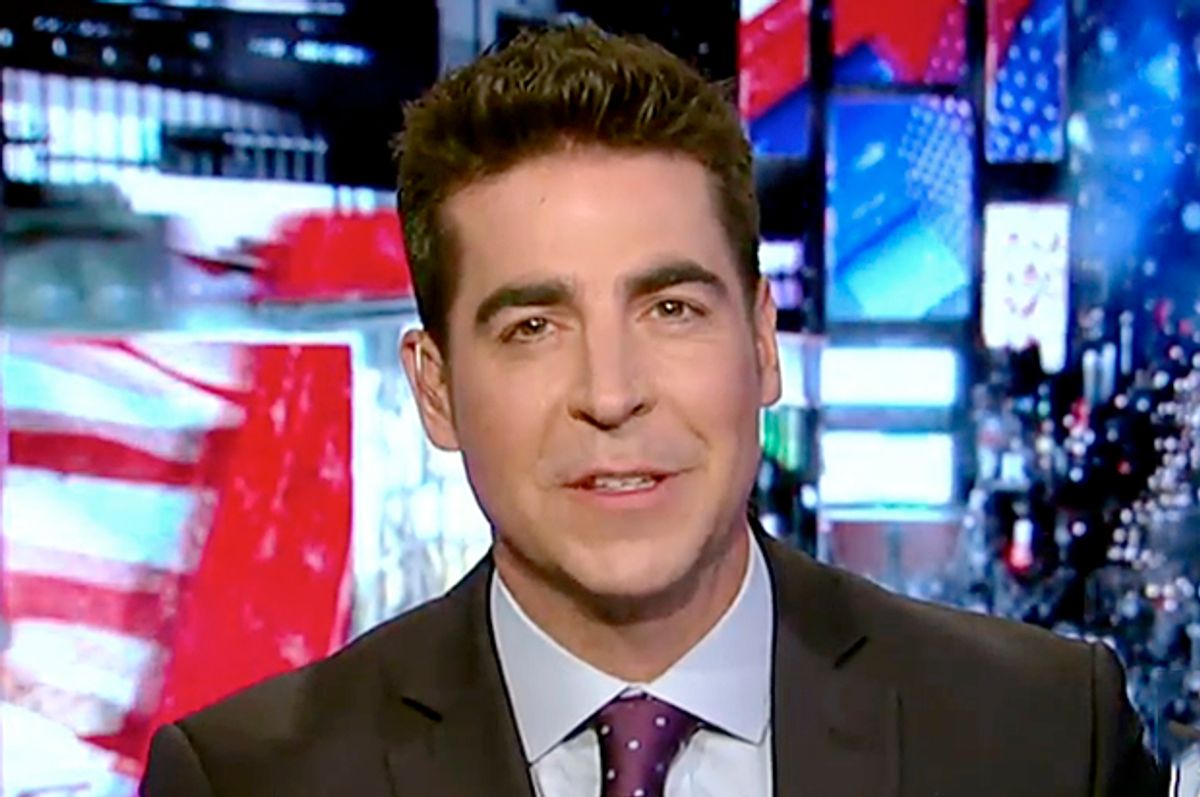Trump Administration Considers Tariffs For Commercial Aircraft And Engines

Table of Contents
Reasons Behind the Potential Tariffs
The Trump administration's consideration of imposing tariffs on commercial aircraft and engines stems from a long-running trade dispute with the European Union (EU). This dispute centers around allegations of illegal subsidies provided to Airbus, creating unfair competition for Boeing, the US-based aircraft manufacturer. The core issue is a series of World Trade Organization (WTO) rulings that found the EU guilty of providing billions of dollars in illegal government support to Airbus. These subsidies, according to the US, have allowed Airbus to gain an unfair competitive advantage in the global market.
This situation is not just about two companies; it's about protecting the US domestic aircraft industry and the thousands of jobs it supports. The potential for retaliatory tariffs against Airbus, impacting its significant US sales, is a key driver behind the administration’s consideration. The US sees these tariffs as a necessary response to what it perceives as unfair trade practices.
- WTO rulings against EU subsidies for Airbus: Multiple WTO rulings have confirmed the illegality of EU subsidies to Airbus.
- Allegations of unfair competition from Airbus: The US argues these subsidies give Airbus an unfair advantage, harming Boeing's market share.
- US efforts to protect its domestic aircraft industry (Boeing): The tariffs are viewed as a measure to level the playing field and safeguard American jobs.
- Potential for escalation of existing trade tensions: This action could spark retaliatory measures from the EU, further escalating existing trade tensions.
Potential Impact on the Aviation Industry
The imposition of tariffs on commercial aircraft and engines would have significant repercussions for the global aviation industry. The impact would be felt across the board, from manufacturers like Boeing and Airbus to airlines and ultimately, air travelers.
The most immediate impact would be increased costs for airlines purchasing new aircraft and engines. These increased costs could lead to higher air travel prices for consumers. Furthermore, the complex global supply chains involved in aircraft manufacturing could experience significant disruption. Many components are sourced from various countries, and tariffs could disrupt this intricate network, leading to delays and increased production costs. The ripple effect could lead to job losses within the aviation sector, both in manufacturing and related services.
- Increased costs for airlines purchasing aircraft: Tariffs would directly increase the price airlines pay for new aircraft and engines.
- Potential price increases for air travel: Higher acquisition costs for airlines are likely to be passed on to consumers in the form of higher fares.
- Disruption of the global supply chain for aircraft parts and manufacturing: Tariffs could create bottlenecks and delays in the supply chain.
- Impact on employment in the aviation sector: Increased costs and potential production slowdowns could lead to job losses.
- Potential for retaliatory tariffs from the EU: The EU might impose retaliatory tariffs on US goods, exacerbating the economic impact.
International Legal and Political Ramifications
The potential implementation of tariffs on commercial aircraft and engines carries significant international legal and political ramifications. This action would further escalate the already tense trade relationship between the US and the EU, potentially undermining international trade agreements and creating uncertainty in the global market.
The WTO dispute settlement process is designed to resolve trade disagreements, but the history of this particular dispute demonstrates the complexities and challenges involved. The potential for protracted legal battles and appeals adds further uncertainty. The EU is likely to retaliate with its own tariffs, leading to a tit-for-tat trade war that could severely damage the global economy. This action also has significant geopolitical implications, impacting not just the US and EU but also the broader international trade order.
- WTO dispute settlement process and potential challenges: Resolving the dispute through the WTO could be a lengthy and complex process.
- Potential for retaliatory tariffs from the EU and other trading partners: Retaliatory measures from the EU and other countries are highly probable.
- Impact on US-EU relations and broader international trade relations: The move could severely damage US-EU relations and undermine global trade stability.
- Legal challenges to the tariffs under international trade law: The tariffs could face legal challenges based on international trade law.
Conclusion
The Trump administration's consideration of tariffs on commercial aircraft and engines presents a serious challenge to the global aviation industry and international trade relations. The potential economic, legal, and political consequences are substantial, raising concerns about increased costs, supply chain disruptions, and further escalation of trade tensions. Understanding the multifaceted impacts of these potential Trump tariffs on commercial aircraft and engines is crucial for businesses, consumers, and policymakers alike.
Call to Action: Stay informed about the evolving situation regarding Trump administration tariffs on commercial aircraft and engines. Follow reputable news sources for updates on this important development and its potential consequences.

Featured Posts
-
 Stiven King Pro Maska Ta Trampa Zrada Ta Obozhnyuvannya Putina
May 10, 2025
Stiven King Pro Maska Ta Trampa Zrada Ta Obozhnyuvannya Putina
May 10, 2025 -
 Harry Styles 70s Inspired Mustache A London Appearance
May 10, 2025
Harry Styles 70s Inspired Mustache A London Appearance
May 10, 2025 -
 Stivn King Na Netflix Ochakvan Rimeyk
May 10, 2025
Stivn King Na Netflix Ochakvan Rimeyk
May 10, 2025 -
 Watters Joke On Wifes Infidelity A Case Of Ironic Hypocrisy
May 10, 2025
Watters Joke On Wifes Infidelity A Case Of Ironic Hypocrisy
May 10, 2025 -
 West Hams 25m Financial Gap How The Hammers Can Plug The Hole
May 10, 2025
West Hams 25m Financial Gap How The Hammers Can Plug The Hole
May 10, 2025
